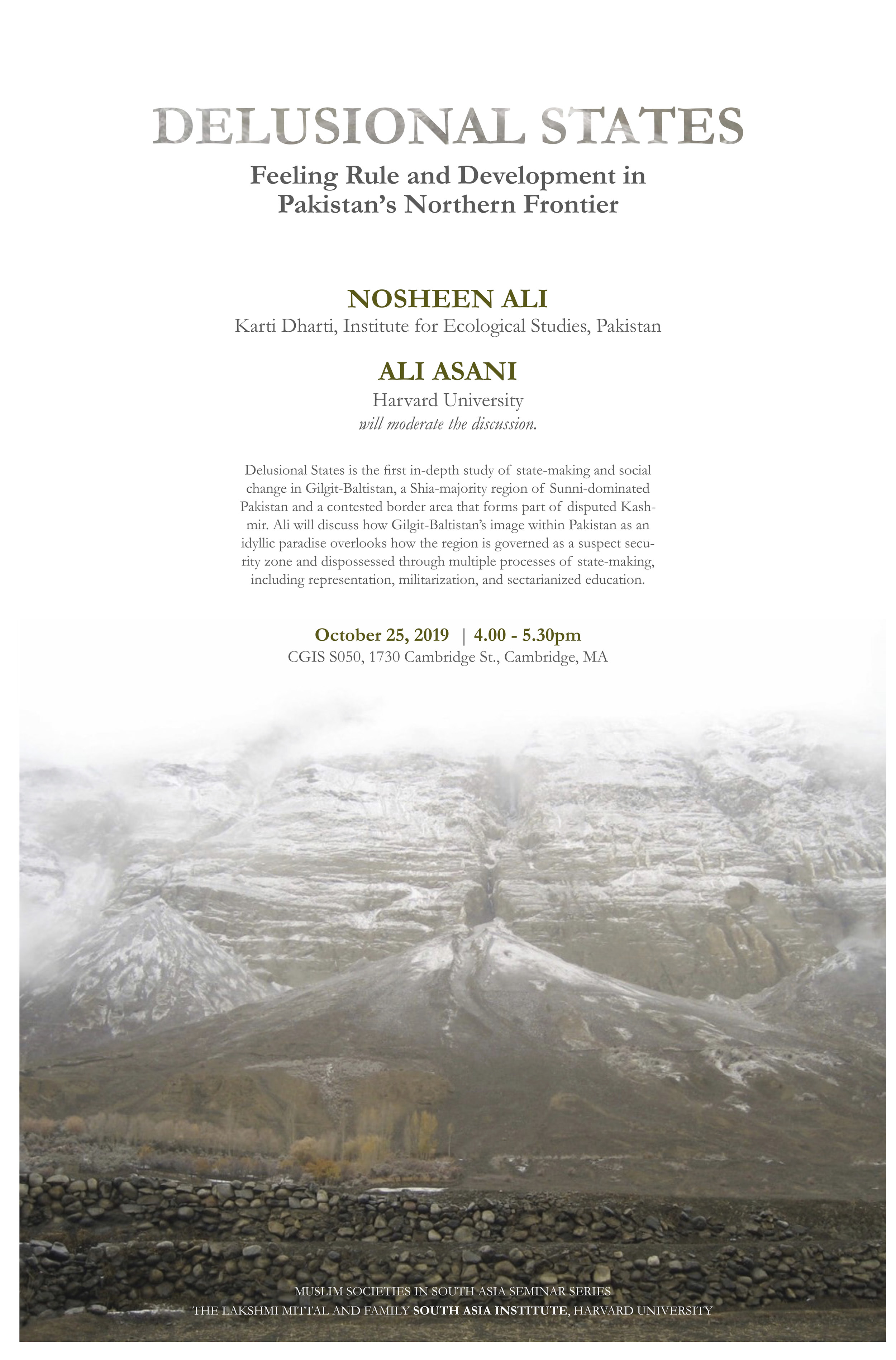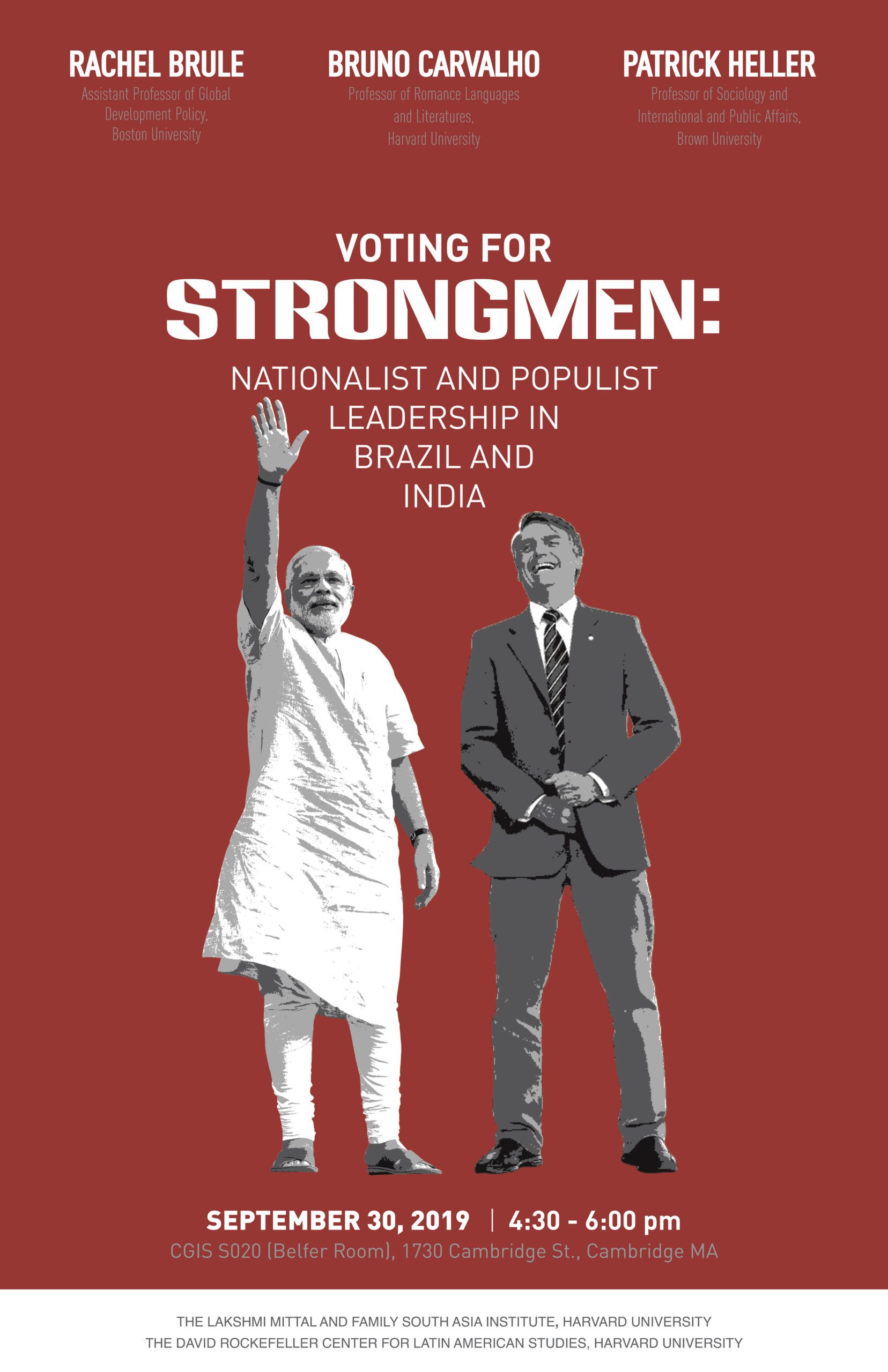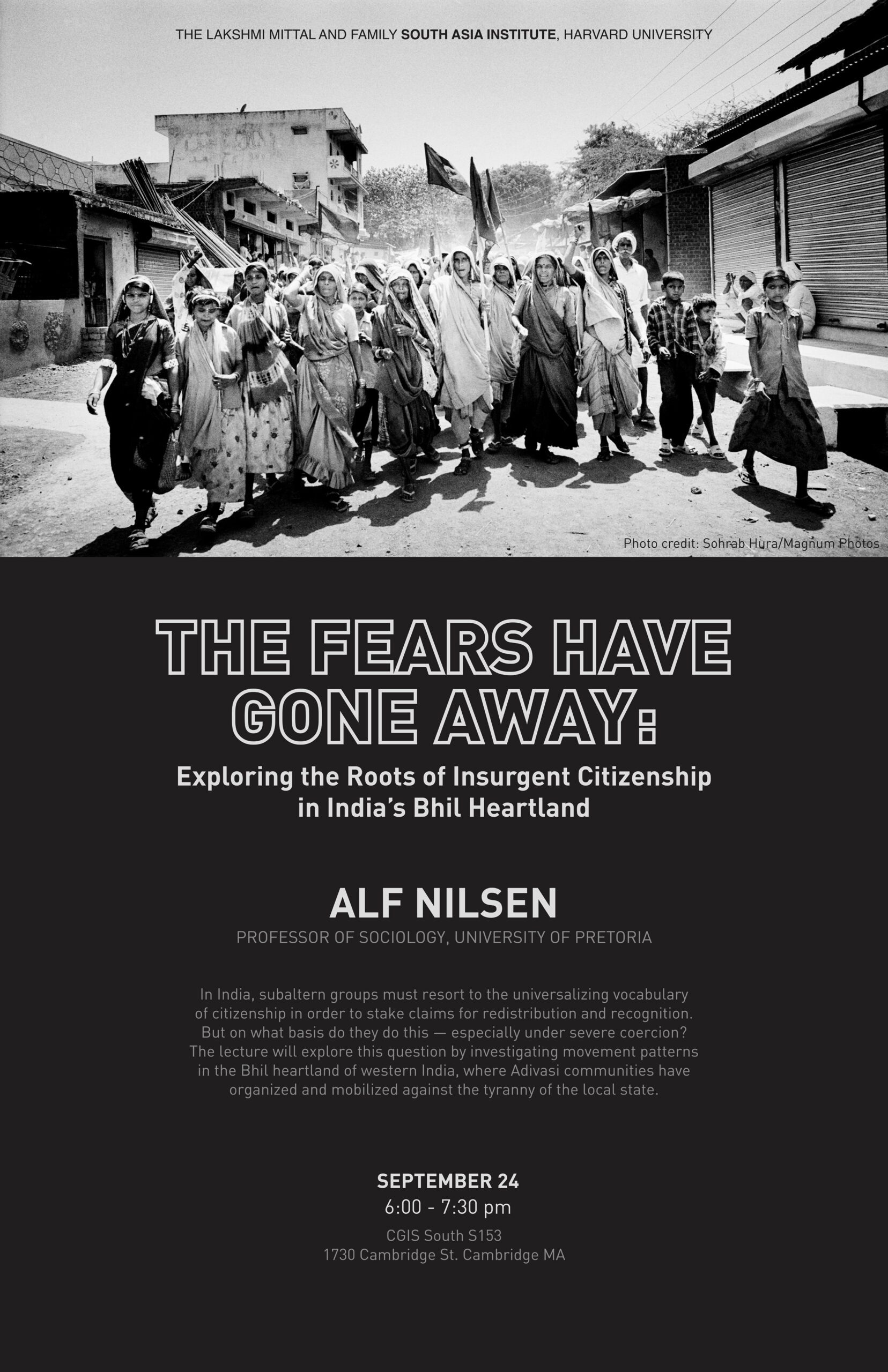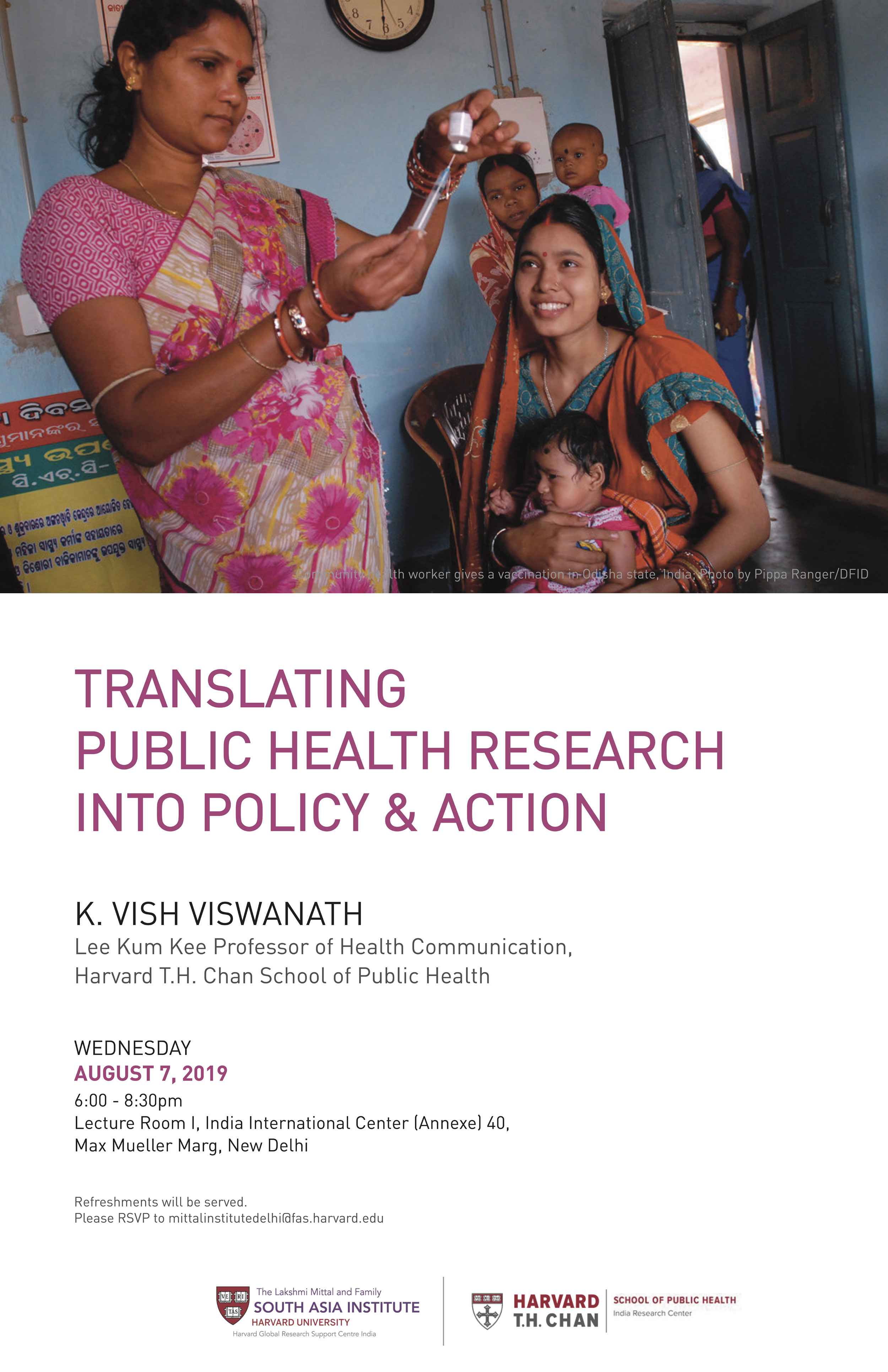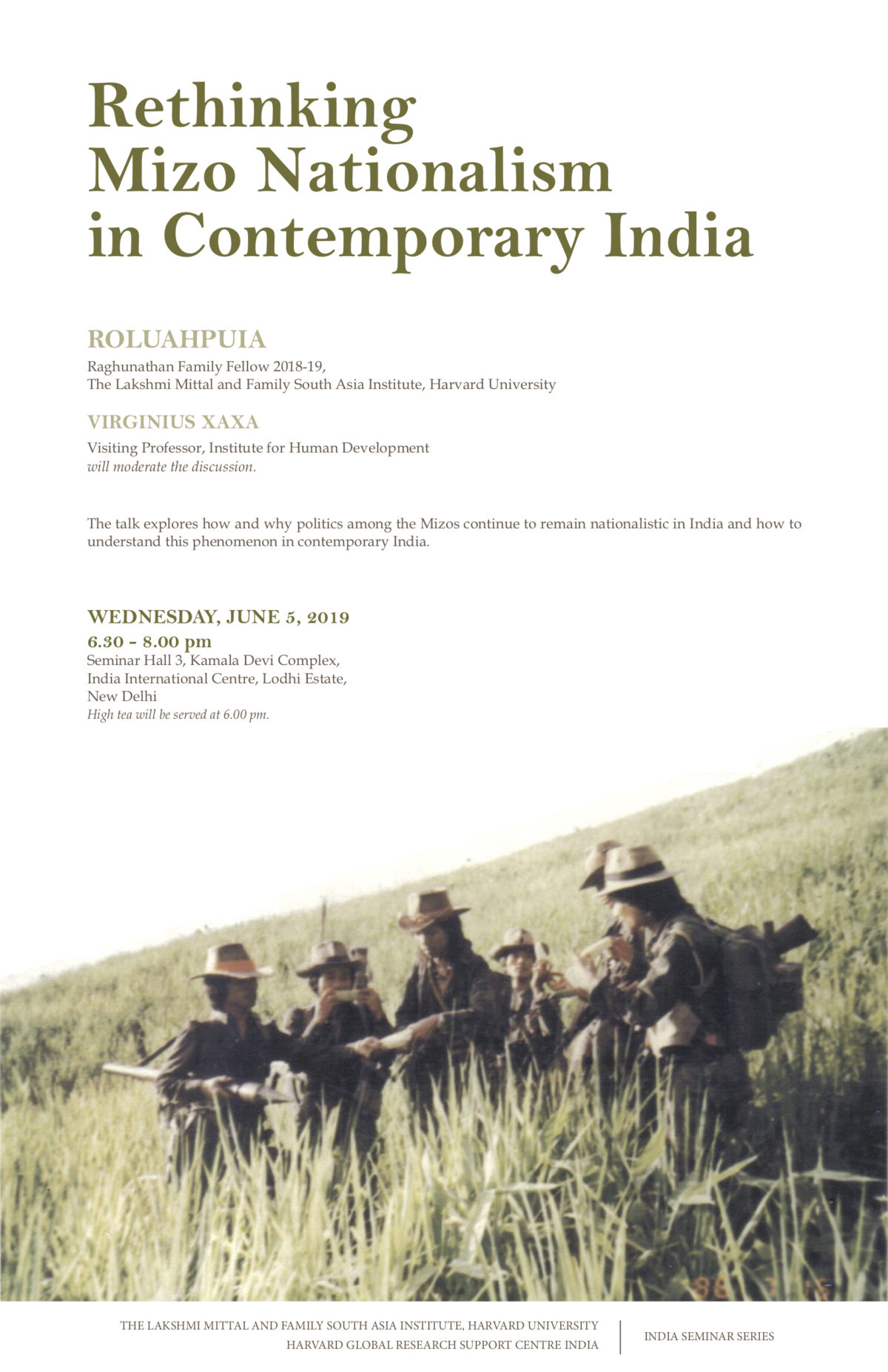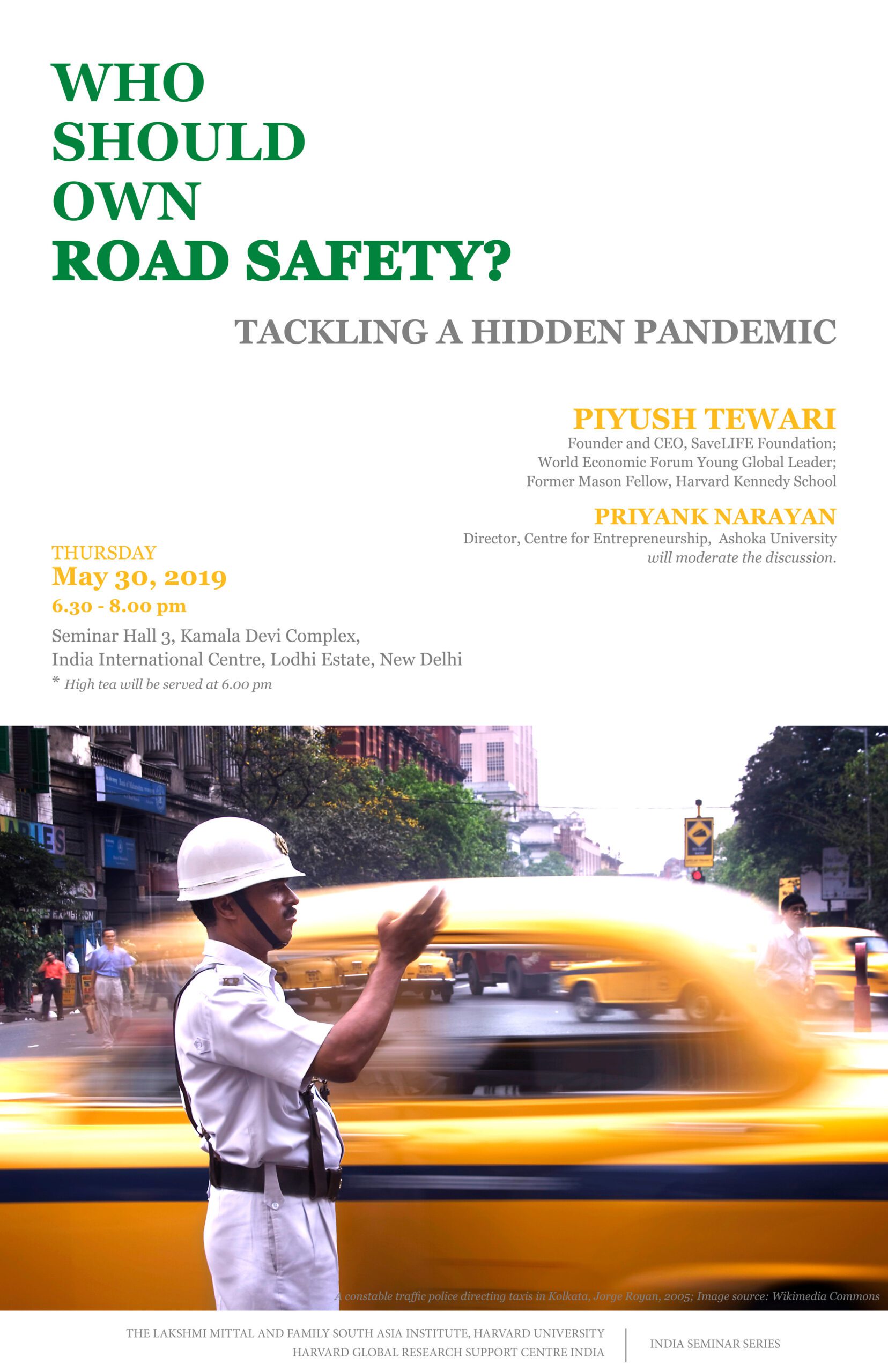WHEN
Tue, Nov 5, 2019 from 06:00pm — 07:30pm, ET
Economic corridors — ambitious infrastructural development projects throughout Asia and Africa — are dramatically redefining the shape of urbanization. As these corridors cut across croplands, the conversion of agricultural lands into new urban uses has erupted in volatile land conflicts. This talk will focus on urbanization along the first economic corridor built in India, the […]
More InfoWHEN
Fri, Oct 25, 2019 from 04:00pm — 05:30pm, ET
Delusional States is the first in-depth study of state-making and social change in Gilgit-Baltistan, a Shia-majority region of Sunni-dominated Pakistan and a contested border area that forms part of disputed Kashmir. Ali will discuss how Gilgit-Baltistan’s image within Pakistan as an idyllic paradise overlooks how the region is governed as a suspect security zone and dispossessed through multiple processes of state-making, including representation, militarization, and sectarianized education.
Speakers:
Nosheen Ali, Karti Dharti, Institute for Ecological Studies, Pakistan
Ali Asani, Harvard University, will moderate the discussion
More InfoWHEN
Thu, Oct 24, 2019 from 04:00am — 06:00am, ET
VENUE
India International Centre
This talk-cum-demonstration will focus on the development of the Soft Robotics STEM kit for students designed by researchers at Harvard Biodesign Lab.
More InfoWHEN
Wed, Oct 23, 2019 from 06:00pm — 07:30pm, ET

After the 1880s, Mysore was established as the home of the royal family. Despite its interrupted and uncertain status as a “capital” city, it became the site of an experiment in ornamentalism by the 20th century. It was among the first cities in India to have a City Improvement Trust in 1903, a few years after the Bombay Improvement Trust was set up in 1898. In the Trust’s negotiations with the municipality on the one hand, and the Palace establishment on the other, we see a specific form of material and temporal “ordering” that drew as much on the sovereign power of the monarch — though mediated by an increasingly powerful bureaucracy — as on a creative adaptation of the diverse forces, techniques, and devices more properly associated with “governmentality.” How does the invention of Royal Mysore challenge existing conceptions of the colonial city as a site of modernity?
Speaker:
Janaki Nair, Professor of History, Jawaharlal Nehru University
More InfoWHEN
Tue, Sep 24, 2019 from 06:00pm — 07:30pm, ET
In India, subaltern groups must resort to the universalizing vocabulary of citizenship in order to stake claims for redistribution and recognition. But on what basis do they do this — especially under severe coercion? Alf Nilsen, Professor of Sociology at the University of Pretoria, will explore this question by investigating movement patterns in the Bhil heartland of western India, where Adivasi communities have organized and mobilized against the tyranny of the local state.
More InfoWHEN
Thu, Sep 19, 2019 from 05:00pm — 07:00pm, ET
The panel will discuss the recent events in Jammu and Kashmir, including the lead-up to the dissolution of its special autonomous status, the current situation on the ground, and the greater geopolitical implications of the recent change in status. Speakers include:
Salil Shetty, Former Secretary General of Amnesty International and Senior Fellow at Harvard Kennedy School
Ashutosh Varshney, Sol Goldman Professor of Political Science and International and Public Affairs and Director of the Center for Contemporary South Asia, Brown University
Prerna Singh, Mahatma Gandhi Associate Professor of Political Science and International and Public Affairs, Brown University
Ashwaq Masoodi, Nieman Fellow, Nieman Foundation for Journalism, Harvard University
Beena Sarwar, Affiliated Faculty, Emerson University; Editor, Aman Ki Asha
More InfoWHEN
Wed, Jun 5, 2019 from 06:30pm — 08:00pm, ET
In this talk, Roluahpuia, the Mittal Institute’s 2018-19 Raghunathan Family Fellow, will explore how and why politics among the Mizos continue to remain nationalistic in India and how to understand this phenomenon in contemporary India. This discussion will be moderated by Virginius Xaxa, Visiting Professor at the Institute for Human Development.
More InfoWHEN
Thu, May 30, 2019 from 06:00pm — 08:00pm, ET
In the past decade, over 1.3 million people have been killed in road crashes in India. Ten times more have been left seriously injured or permanently disabled. The issue has emerged as the single biggest killer of young people in India (15-45 age group). Given the multiplicity of agencies and overlapping responsibilities, where should the accountability […]
More Info


